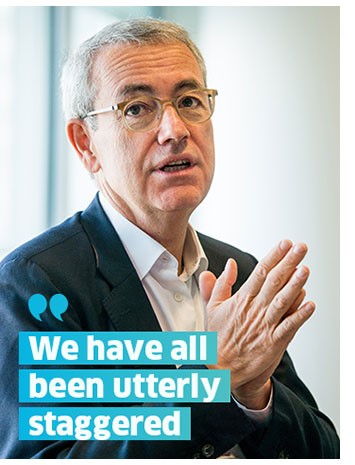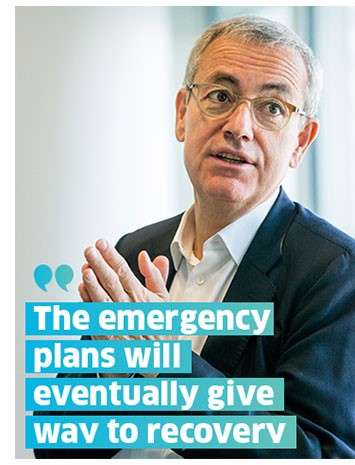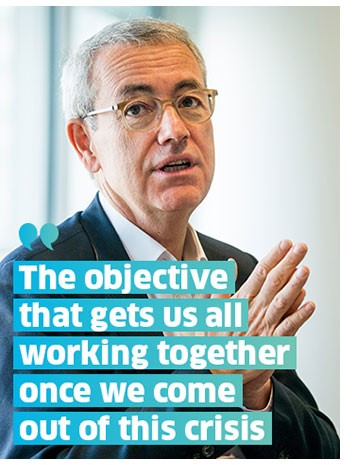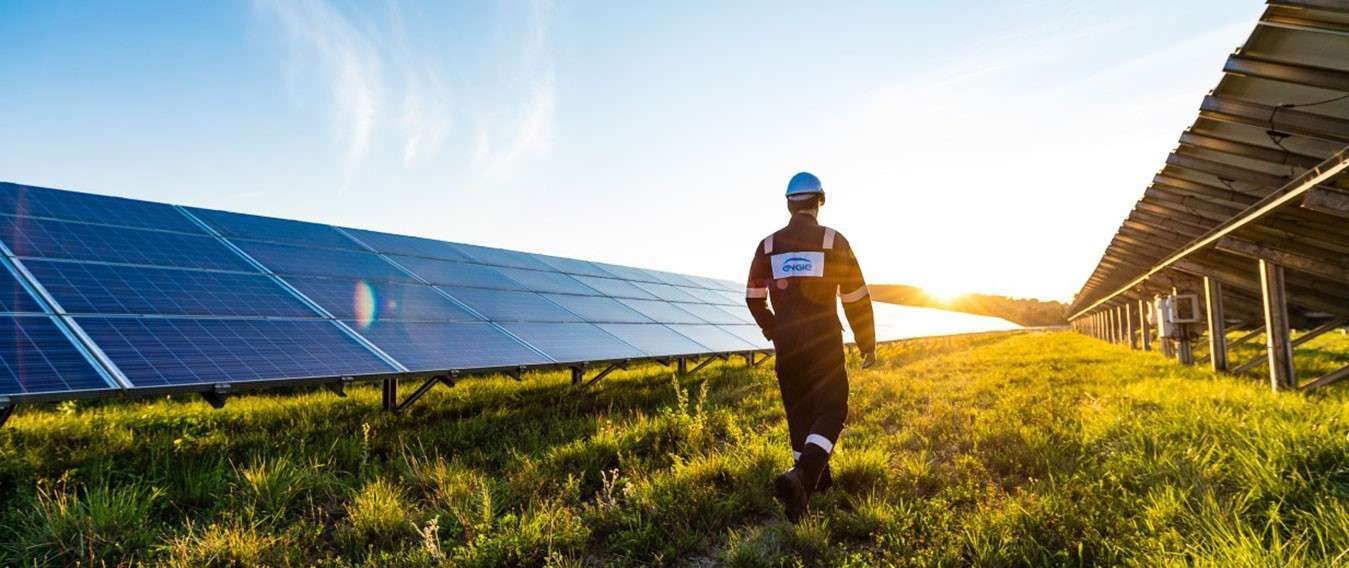
We have all been utterly staggered both by the impact of a virus that has only been around for four months and by the violence and unprecedented nature of the lockdown measures that have had to be implemented as a matter of urgency. Although there were signs of a respiratory syndrome pandemic, we need to admit that collectively, we had no idea of its scope.
We will doubtless have to submit our societies to stress tests and create resistance scenarios for dealing with clearly identified threats, but also with those which may seem improbable.
In many respects, climate change has a great deal in common with the health crisis that we are currently experiencing. It constitutes a certain – potentially catastrophic – event, which will exacerbate all of this world’s weaknesses. Tackling it requires a high level of international cooperation. People will need to appropriate the solutions developed, the private sector will need to boost its capacity to innovate and public resources will need to be used in a way that is beyond political office and corporate strategies.
The Covid-19 crisis has demonstrated that in an emergency, doubtless much more than anything we might have imagined, we have been able, individually and collectively, to implement breakthrough solutions in just a few days. People have started working remotely in massive numbers, short distribution channels for food products have been adopted, children have started learning from home, we have been helping and supporting one another… and obviously medical research has been stepped up to incredible levels.

This crisis has forced all the frenzy to stop. It has provided us with an unexpected opportunity to improve the way in which we are dealing with the climate crisis, first of all through the immediate impact it is having on greenhouse gas emissions, giving us a little more time before the planet's "carbon budget" is completely depleted.
But most importantly, the emergency plans will eventually give way to recovery plans.
They will most certainly provide for direct public investments and investment support for companies on a massive scale.

At a time when everybody is having to learn to tell what is important from what is not, to think about the meaning of their existence and their contribution to the community, the recovery measures will need to have meaning, for both individuals and collectively.
They are a unique opportunity to speed up investment in the energy and climate transition so that we can achieve carbon neutrality. What seemed like a far off, somewhat hazy vision yesterday can become the objective that gets us all working together once we come out of this crisis.

